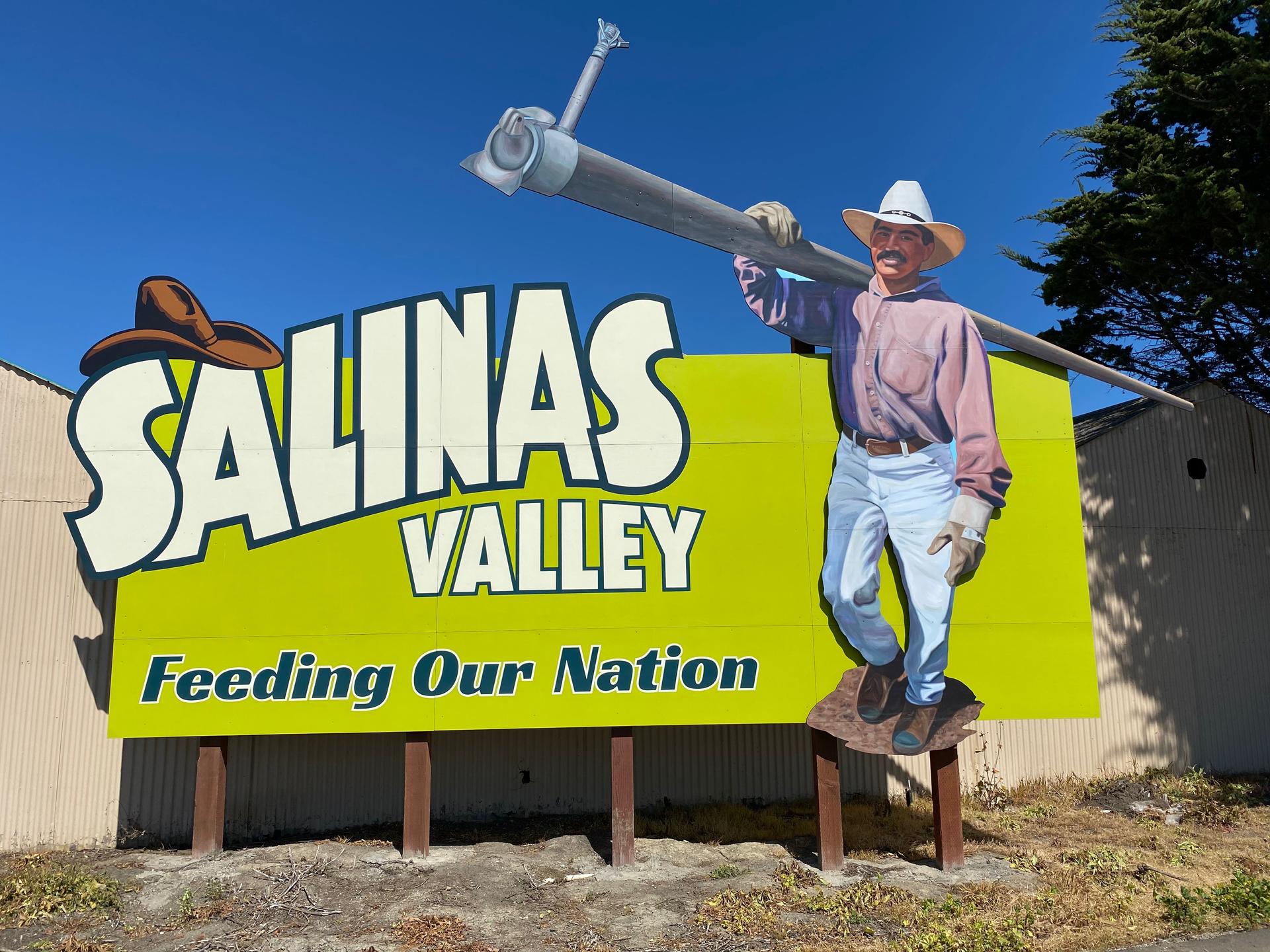Officials at all levels of US government have released a flood of urgent information on the coronavirus outbreak in recent weeks — spanning everything from the proper way to wash one’s hands to what “shelter-in-place” means.
But that information is not always available in languages other than English. And for less dominant languages in the US — such as Hmong, Somali and Indigenous languages spoken in Latin America — up-to-date information on the coronavirus is almost nonexistent.
Israel, an immigrant from Mexico, has been working in California to translate basic medical information and about the coronavirus into Triqui, an Indigenous language spoken in parts of southern Mexico. He appears in several short, public service announcement-style videos produced by the Natividad Medical Center, a hospital in Salinas, which is near his home. It’s about two hours south of San Francisco in California’s rural heartland.
Related: COVID-19: The latest from The World
The videos provide basic medical advice and update people on the state’s evolving orders that are aimed at slowing the outbreak.
“If you are severely ill or unable to breathe, please get urgent or emergency care or call 911,” Israel says in one video. Because he is undocumented, he asked that he be referred to only by his first name.
The videos are largely tailored for the growing number of people in California who have migrated from Indigenous communities in Mexico, and who often work in the state’s vast agricultural sector. Many speak little Spanish, if any. While most people in California have been ordered to remain at home during the virus outbreak, farmworkers are considered essential and continue working to keep people in the country fed. At the same time, many farmworkers are undocumented — particularly Indigenous farmworkers — and often go without benefits or health care.
Related: How people around the world are filling up their pantries
Israel, 24, used to work in the fields. He migrated to the US from Mexico with his family when he was 11 years old and used to labor alongside his parents.
“Cutting lettuce, cutting lettuce, working 12-, 14-hour shifts,” he said. “Wake up at 3 in the morning and get out, like until 5, 6.”
Then, one day, Israel was out buying shoes with his dad when a woman overheard them speaking Triqui. She knew the local hospital needed more interpreters, so she asked Israel for his phone number. Spanish still dominates this part of California, but Triqui and other languages from Latin America and Asia, such as Mixtec, Mam and Hmong, are increasingly common.
Within months, Israel was interpreting at Natividad in Salinas, employed by the hospital’s Indigenous Interpreting+ program. Now, he’s doing some of the most urgent work of his life, trying to keep Indigenous immigrants like his parents informed about the coronavirus. The videos contain crucial messages, such as how the elderly can be more vulnerable to the virus or how the virus can spread. They also explain the nuances of California’s “shelter-in-place” order and that farmworkers are considered essential workers and thus exempt from those orders.
And the hospital is anxious to get out those videos as soon as possible to protect the community around Salinas.
“It’s better than not doing it at all, because I feel like people are getting left out right now.”
“It doesn’t have to be perfect, it doesn’t have to be long or dramatic or amazing,” said Hillary Fish, the hospital’s head of community outreach. “It’s better than not doing it at all, because I feel like people are getting left out right now.”
In addition to Triqui, the hospital also put together similar videos in the Mixtec language — and is planning others in Zapotec, another language common in parts of Mexico.
At one point earlier this month, Israel stopped a video shoot to call his mom. He was stuck on how to translate the word “influenza” into Triqui.
“Yes, my mom is helping me, some of the words that I don’t know in Triqui,” he said with a laugh.
Fish and Israel said these videos are the best way to reach people. Not everyone in the immigrant farmworker community can read, including Israel’s mother. She works at a factory nearby that processes lettuce and packs it into prepared salads for clients such as Costco or Walmart.
Related: How immigrant workers are preparing for automation in agriculture
The factory recently put up signs about the coronavirus for its workers, but they were no help to Israel’s mother.
“They put like a little poster, like a note,” Israel said. “She doesn’t know what it says in the paper.”
Despite lockdowns across the country, including in the state of California, factories like those have remained open because they’re considered essential to feeding people.
For Israel, what’s essential is keeping his community informed about the coronavirus.
